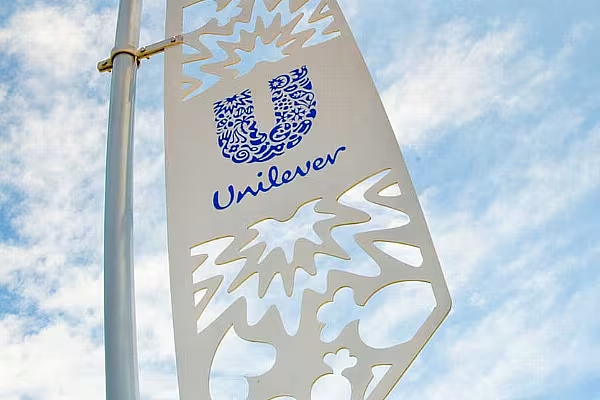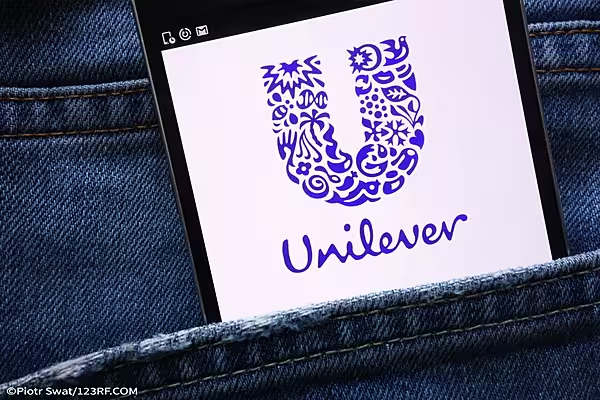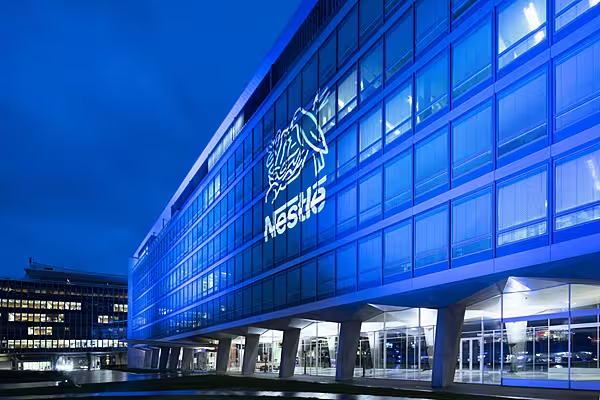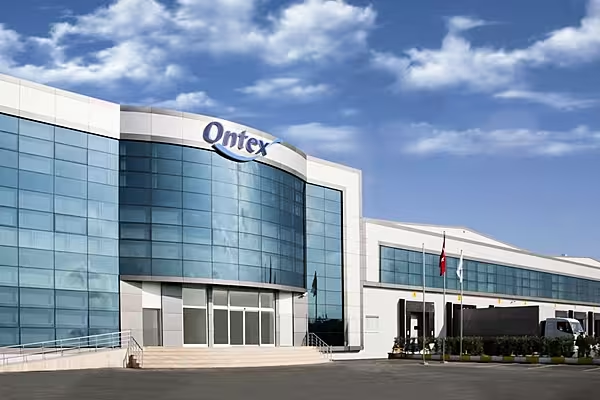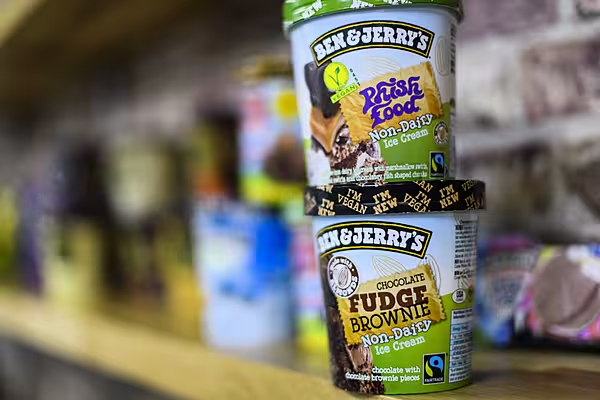Unilever has reported better-than-expected underlying quarterly sales growth, as the company again raised prices to make up for higher costs.
The maker of Dove soap and Ben & Jerry's ice cream reported a 7.9% rise in underlying second-quarter sales, beating analysts' average forecast of 6.4%, a company-provided consensus showed.
The company said it expects underlying sales growth for the full year to be above 5%, ahead of its multi-year range, with underlying price growth continuing to moderate through the year.
In the first half of the year, Unilever reported underlying sales growth of 9.1%, driven by 9.4% price growth and a 0.2% decline in volumes.
Read More: Unilever Half-Year Results – What The Analysts Said
'Unmatched Global Footprint'
“Unilever’s performance in the first half highlights the qualities that attracted me to the business: an unmatched global footprint, a portfolio of great brands and a team of talented people," commented newly-appointed chief executive Hein Schumacher.
“My early immersion in the business has confirmed my belief in Unilever’s strong fundamentals. The task ahead is to leverage these core strengths – supported by our simplified operating model – to drive improved performance and competitiveness. This is our absolute priority and it will mean bringing greater focus and sharper execution, with science-backed innovations and investment behind our brands."
These are Schumacher's first Unilever results, having taken over from Alan Jope earlier this month.
Read More: Unilever CFO Graeme Pitkethly Set To Retire Next Year
Price Increases
Unilever, which in February forecast net material inflation in the first half of 2023 of around €1.5 billion, said at the time it would continue to raise prices in the first half of the year and ease up on those hikes in the second half.
Underlying price growth for the second quarter was 8.2% while underlying volumes fell by 0.3%, beating analysts' expectations of 7.7% and a drop of 1.2%, respectively.
Top U.S. and European investors told Reuters this month that they are flagging their concerns about high prices to consumer goods companies, with Janus Henderson going so far as to cut some stakes it holds and shorting food makers it believes are at risk of losing customers.
The consumer goods industry has struggled with soaring costs for about two years, as everything from sunflower oil and shipping to packaging and grain has become more expensive. The higher costs began during the pandemic and took a turn for the worse after Russia invaded Ukraine, sending energy costs to record highs last year.
Rivals P&G and Nestlé are set to report earnings results this week.
“This opportunity to step up our performance and unlock our full potential makes it an exciting time to lead Unilever," Schumacher added. "I look forward to sharing further details when we report our Q3 results in October.”
Additional reporting by ESM
